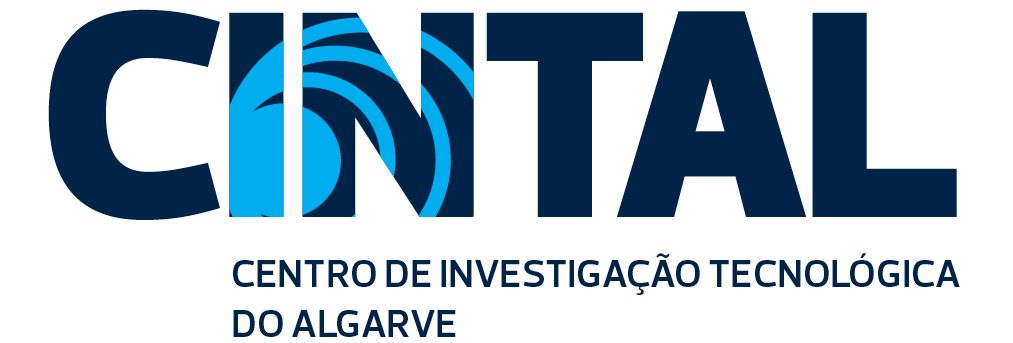Members

INESC TEC (Instituto de Engenharia de Sistemas e Computadores, Tecnologia e Ciência) is an Associate Laboratory with 30 years of experience in R&D and technology transfer. It is a private non-profit research institution, having as associates the University of Porto, INESC and the Polytechnic Institute of Porto.
With around 750 researchers (300 PhD), working in the interface between the academic world and the industrial and service companies, as well as the public administration, the activity at INESC TEC runs under the paradigm of the knowledge to value production chain: knowledge and results generated at basic research are typically injected in technology transfer projects and therefore they receive added social relevance.
R&D Centres
Centre for Applied Photonics (CAP)
CAP performs R&D in optoelectronics, principally focusing on optical fibre technology. It is oriented towards applied research and development in optical fibre sources, optical fibre communication, optical fibre sensors and microfabrication (thin films and integrated optics). CAP looks for opportunities for technology transfer to industrial companies using its specific competencies in optoelectronics and systems integration.
Centre for Robotics and Autonomous Systems (CRAS)
CRAS conducts research and development activities in autonomous robotic systems, mobile robotics and mobile multi-robot systems for inspection, monitoring and mapping, with applications in security, power systems, environment, aquaculture, oceanography, marine biology, resource extraction, among other sectors. These activities are supported by the research in perception, navigation, control, localization, coordination, and automatic data collection and processing.
Centre for Telecommunications and Multimedia (CTM)
CTM performs research and development in key areas that will lay the foundations for modern communications networks and services such as network architectures, telecommunications services, signal and image processing, optical technologies, microelectronics, digital TV and multimedia.

CINTAL (Centro de Investigação Tecnológica do Algarve) is a non-profit research organization founded in 1990 with the objective of providing a link within the innovation chain between fundamental research (as a source of knowledge) and practical application (as the use of knowledge) which can be commercially exploited.
The Algarve Technological Research Center – CINTAL, is a private non-profit association, founded in 1990, with the following main objectives:
– R&D in the areas of Science and Technology (S&T) – higher education and training. – provision of services and contracts in relation to the industry.
The members of CINTAL are the University of Algarve, Rolear, a private firm operating in the areas of industrial automation and energy, and LNEG – National Laboratory of Energy and Geology (formerly INETI), a state laboratory based in Lisbon and intervening in the areas of energy and geology.
As an organization dedicated to research, CINTAL fosters the link in the innovation chain between fundamental research, as a source of knowledge and practical application, and the use of knowledge that can be commercially exploited.
CINTAL is headquartered at the University of Algarve, Campus de Gambelas and most of its activities are related to University professors and laboratories, often in relation to industrial partners and/or laboratories of other Universities in Portugal and in the EU .
R&D Centre
Signal Processing Laboratory (SiPLAB)
SiPLAB’s emphasis is on underwater acoustic signal processing, ocean acoustics and underwater communications. SiPLAB has its own computing facilities and underwater acoustic equipment and has approximately 15 researchers.
SiPLAB has experience in underwater acoustics and addresses the required competencies for underwater communication systems and environmental perception. These are relevant scientific areas for the long-term permanence in the sea.
SiPLAB is located at the University of Algarve (Faro, Portugal) with which has particular and permanent scientific cooperation ties, including personnel exchange and collaboration agreements in various projects.
